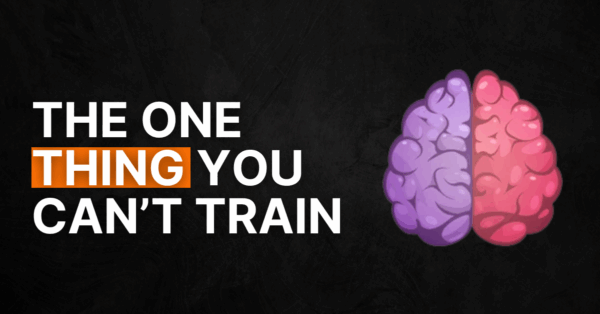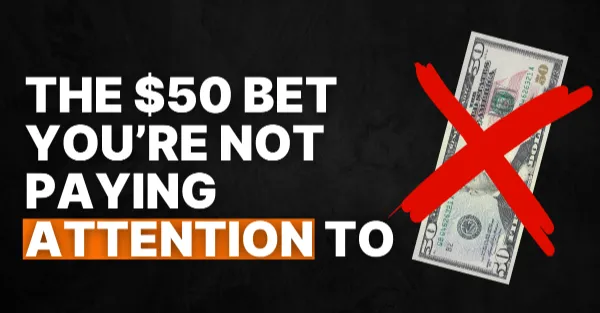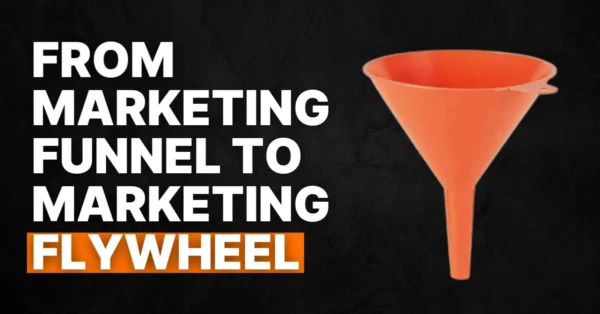Agencies are often a necessary component in iGaming, due to how fast the industry moves.
So a well-chosen agency with a proper co-operation framework and carefully nurtured relationship can give you access to a specialisation that would take you a long time to build in-house.
But do it wrong and you’ll be burning money, time, and momentum.
Most businesses treat agencies like any other vendor. Same procurement process. Same quarterly reviews. Same threat of replacement. But agencies aren’t delivering widgets. They’re solving ambiguous problems where the answer emerges through iteration and trust.
The best partnerships have something uncomfortable in common: the agency tells the client they’re wrong. A lot. Bruno Gralpois, who ran agency strategy at Microsoft, nailed it: “The best partners challenge the client. The worst partners pander.”
When P&G’s Marc Pritchard launched his transparency revolution in 2017, he cut $1 billion in waste while driving better results. Not by eliminating oversight, by replacing theatre with substance. Trust without measurement is hope. Measurement without trust is bureaucracy.
But trust doesn’t fix a broken structure. And most partnerships fail because of three decisions made in the first 90 days.
Decision #1: Specialisation Over Scale
The biggest mistake? Hiring based on agency size or impressive client rosters. Nobody gets fired for choosing the big-name agency that worked with three Fortune 500 brands.
But here’s what actually predicts success: has this agency done your specific job before? Not adjacent work. Not similar industries. Your exact problem.
You need people who’ve sat in your chair. Marketers with shiny portfolios who think they can “figure out” your industry will spend six months learning what specialists already know. That’s six months you’re paying for their education instead of results.
Your evaluation should weigh relevant experience at 30%. Strategic capabilities 25%. Team strength 20%. Creative excellence? Maybe 10%. Brand name recognition? Zero.
Specialised depth beats generalist breadth. Every single time.
Decision #2: Align Compensation to Outcomes
Most agencies get paid for activity. Hours worked. Campaigns launched. Decks produced.
The best ones get paid for results.
This doesn’t mean you need complex performance contracts. It means tying compensation, whether through bonuses, variable fees, or profit-sharing, to metrics that actually move your business. Not vanity numbers that look good in reports.
Define success before work starts. And be specific. Not “increase brand awareness” but “increase unaided awareness from 23% to 35% among males 25-34 in London by Q4.” Not “improve engagement” but “increase 30-day retention from 28% to 35%.”
When agencies win only if you win, behaviour changes. They stop pitching work that looks impressive and start focusing on work that performs. They challenge your assumptions because failure costs them too.
Decision #3: Integration Over Outsourcing
The mental model matters more than the contract.
Most companies keep agencies at arm’s length. Brief them on projects. Review deliverables. Keep it transactional.
This is stupid.
The best partnerships treat agencies as team extensions. Include them in strategy sessions, not just execution. Give them your customer data. Create mixed teams. Share success metrics.
But this only works if you manage through trust, not control.
The 90-Day Test
Most partnerships commit too fast based on glossy pitches. Then spend years fixing what broke from the start.
Instead: 3-6 month pilot with clear metrics. Test communication cadence, ability to push back, response speed. Weekly reviews in the first 90 days, you need tight feedback loops.
Red flags: vague answers about process, agreement with everything (can’t say “no” means weakness), delayed follow-up, no real references you can call.
Good looks like: they challenge your brief, ask questions you haven’t considered, have strong opinions about what won’t work, suggest starting smaller than you proposed.
The difference between agencies that drive growth and those that waste money isn’t creativity. It’s structure. Specialised expertise. Aligned compensation. True integration.
Get the structure right in the first 90 days or don’t bother. Because fixing a broken partnership is harder than building the right one from scratch. And the opportunity cost isn’t just wasted budget, it’s the growth you’re missing while competitors who got it right pull ahead.


